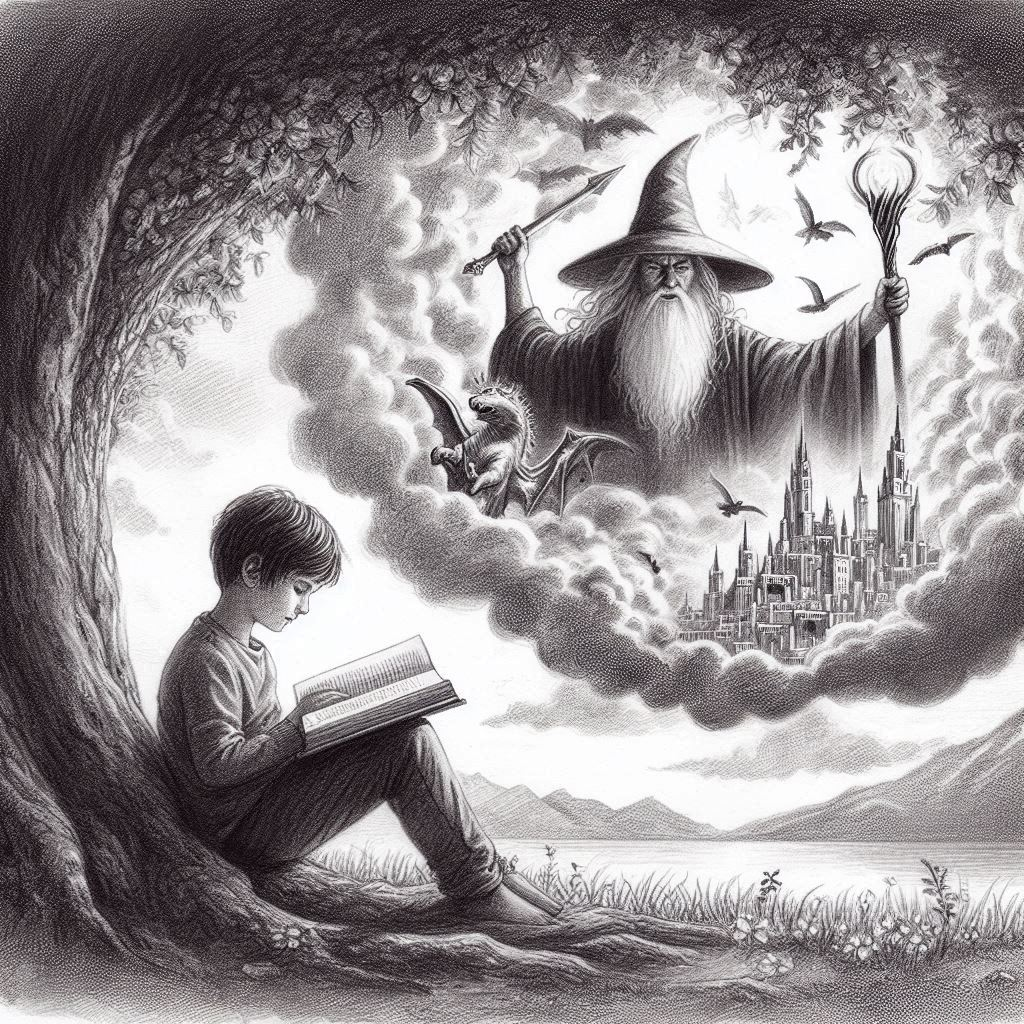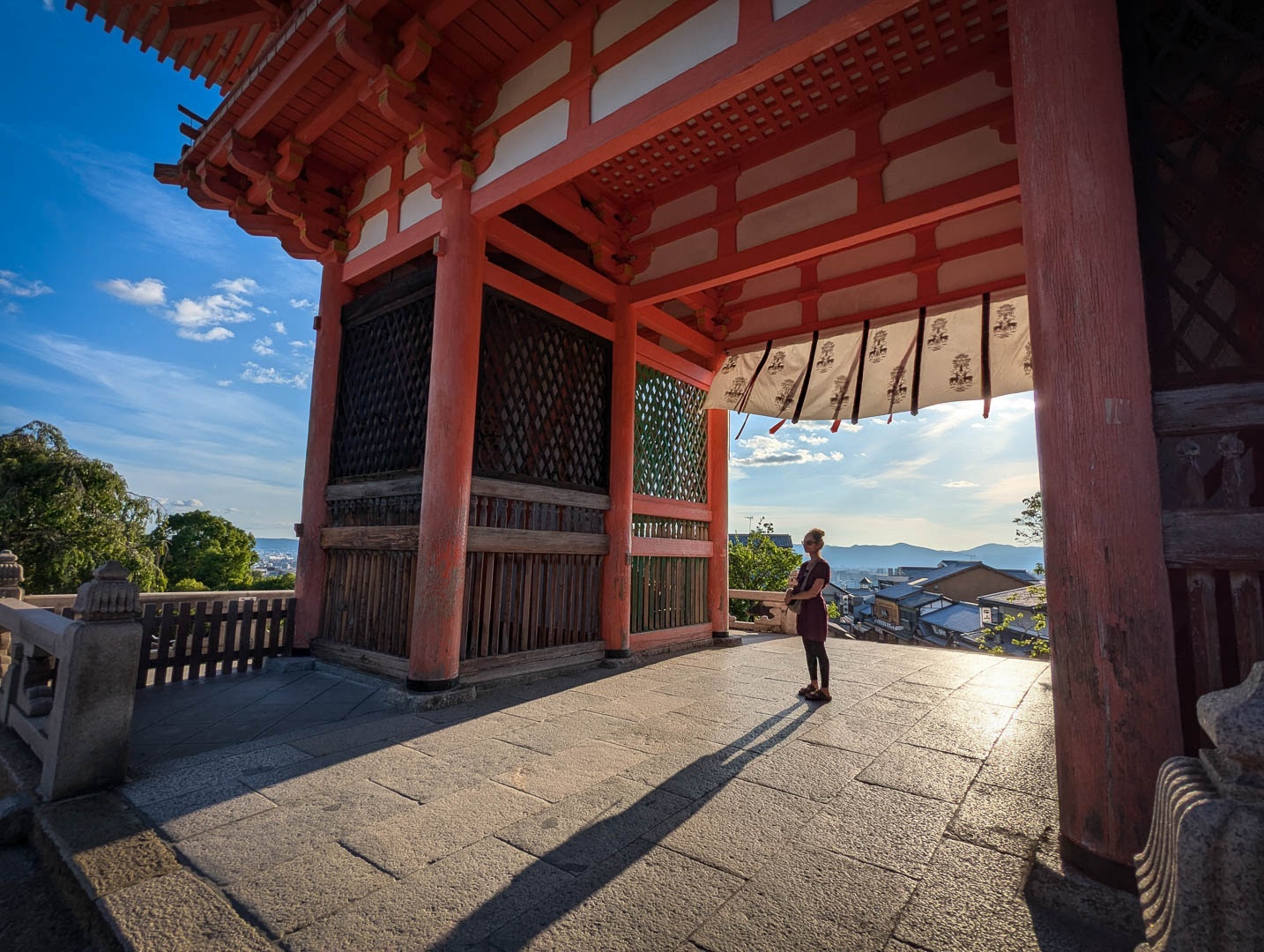A friend of mine got engaged recently, and when I visited him and his fiancee, they asked me probing questions about kids. How does it change things? Is it worth it? Do you lose all your time?
I remember asking those same kinds of questions when my wife and I first started seriously contemplating having kids. In general, the answers I got were very positive - yes, it’s absolutely worth it. They were also, though, somehow unsatisfactory and vague. Those same people had bags under their eyes, would constantly be interrupted by their energetic offspring, and would be hard to do fun things with that did not involve kids. When asked why it was all worth it, they would use vague phrases like “Your heart is walking around outside of your body.” It was like a cult: they couldn’t clearly articulate why it was so great, they would mostly only hang out with other “cult members” (parents), and on many of the metrics a single man might care about (energy level, sleep quality, ability and time to do fun things etc.), they were clearly doing worse.
In the end, I concluded that there was really no way to know what it’s like to have kids other than to jump in and do it. And so, eventually, I did.



